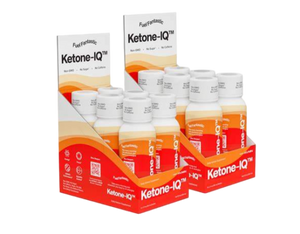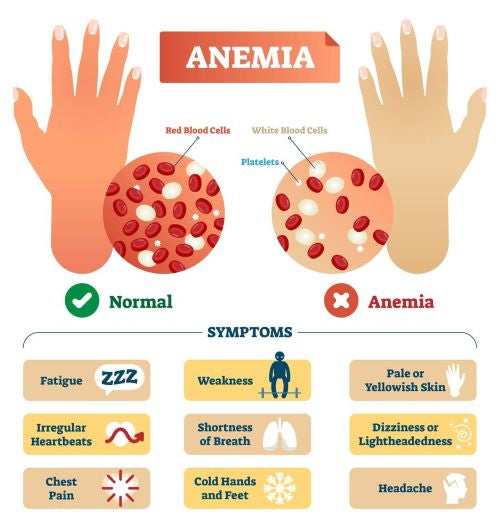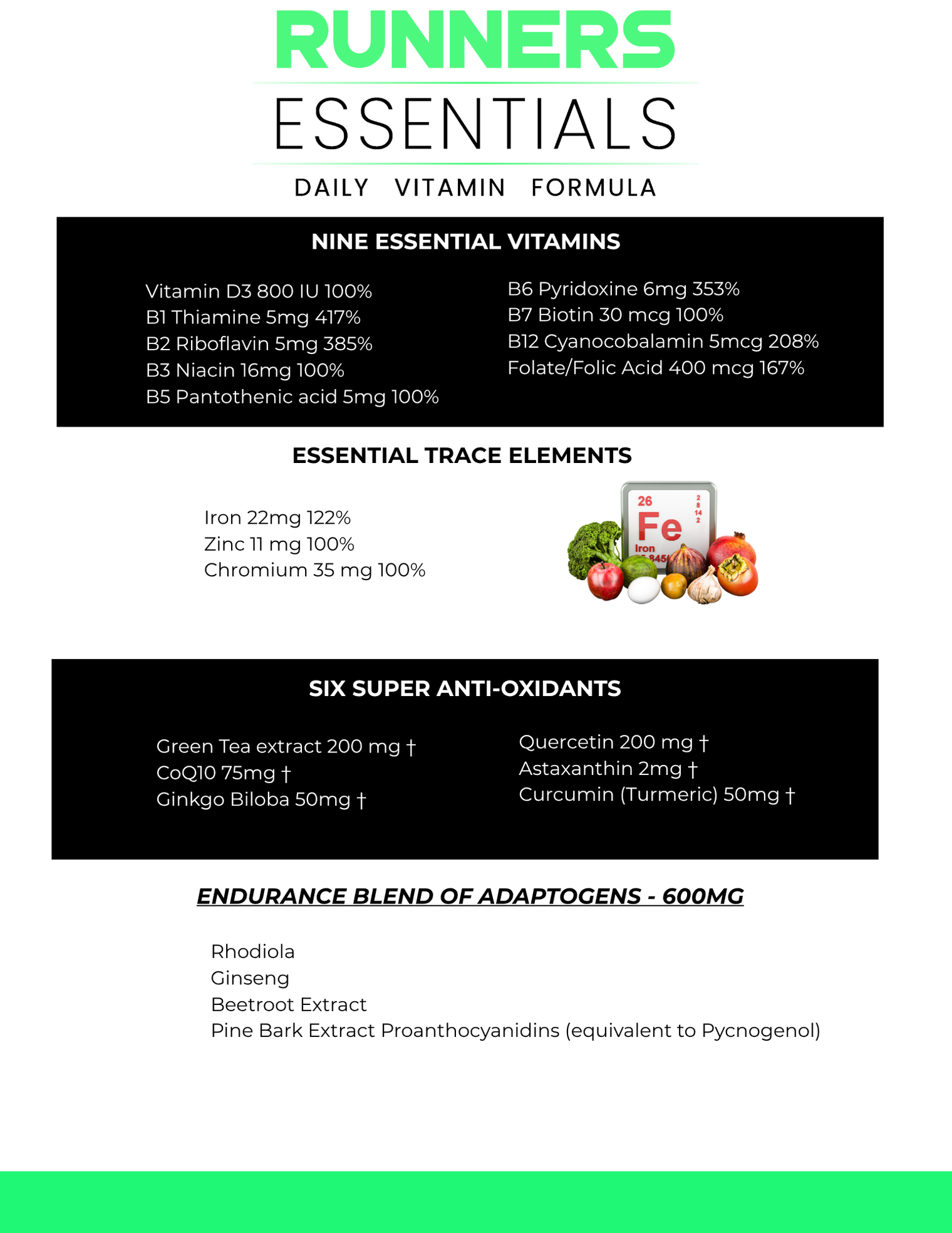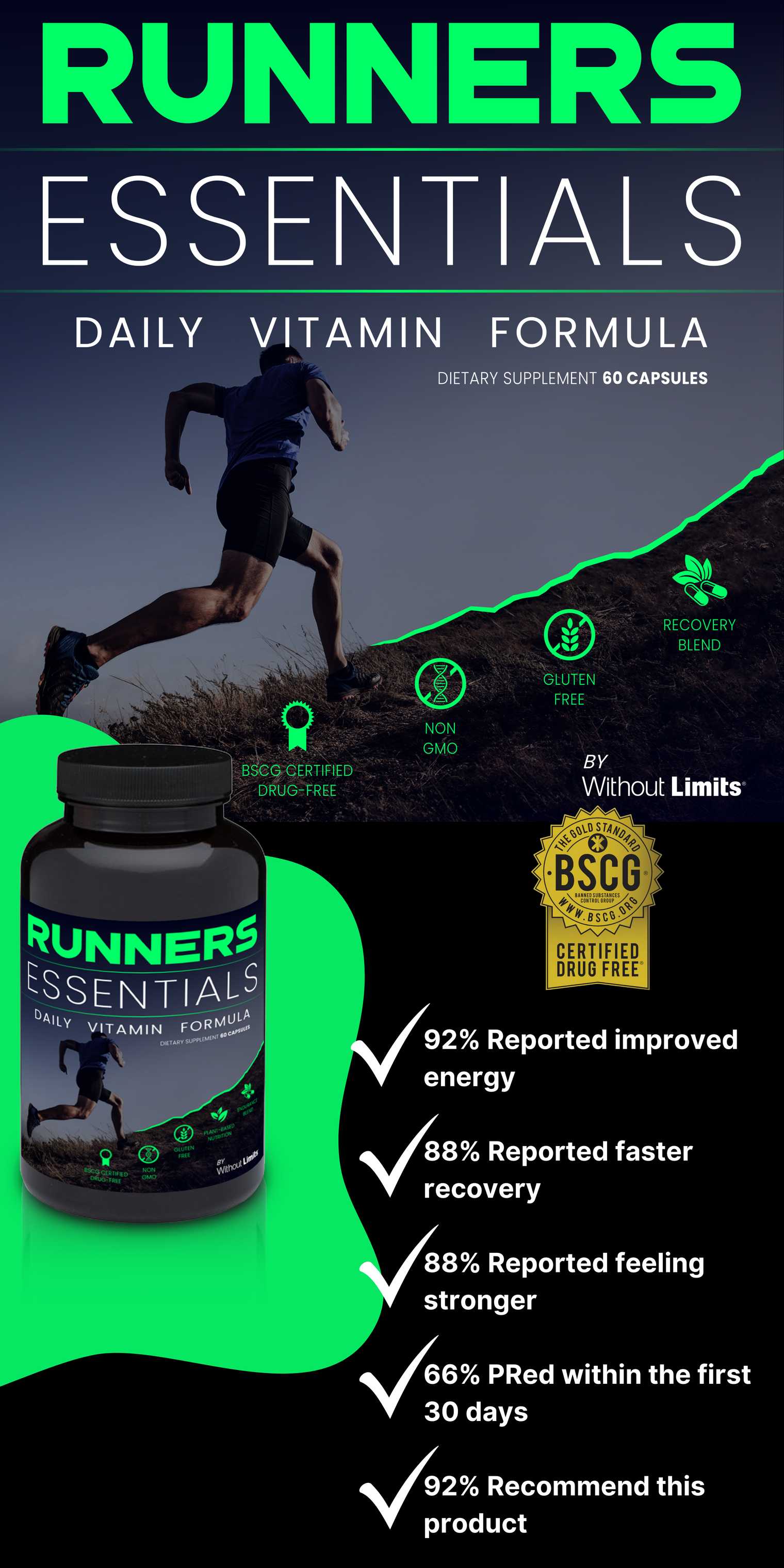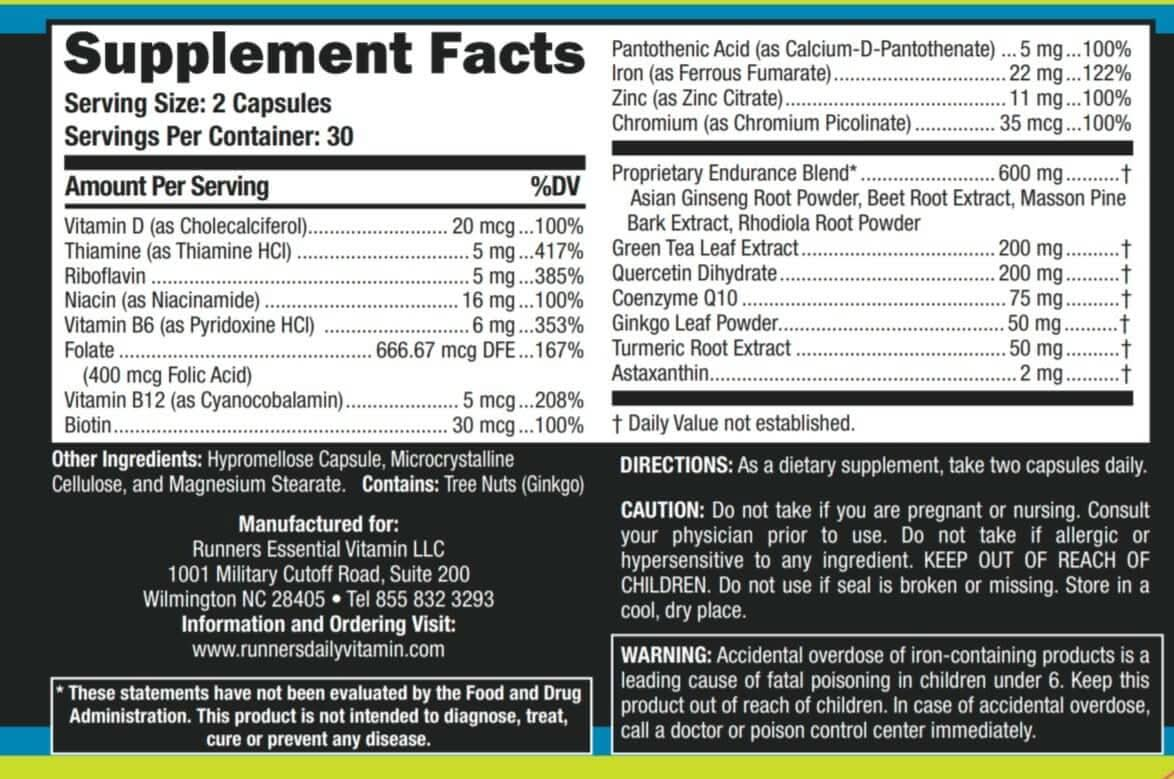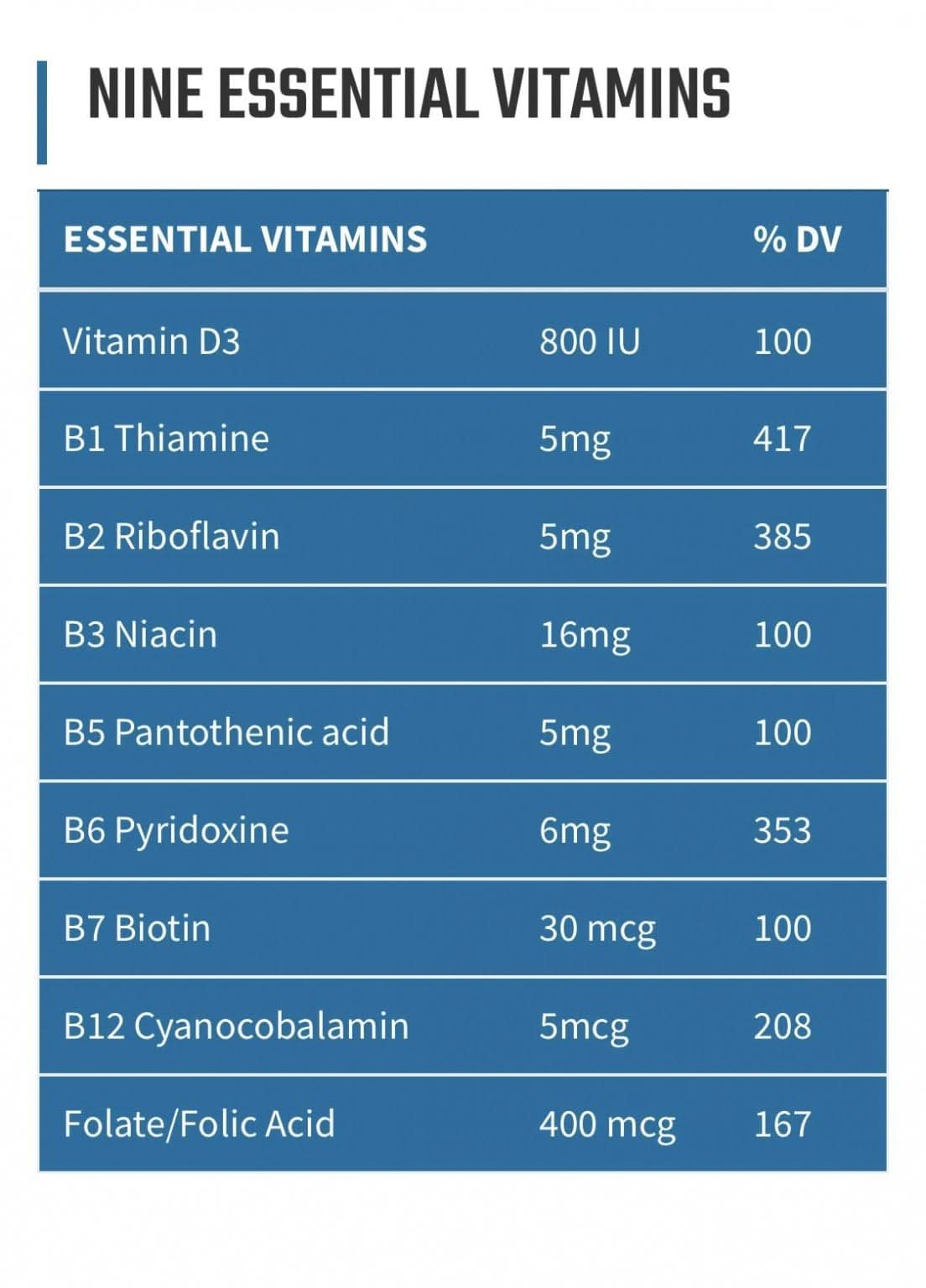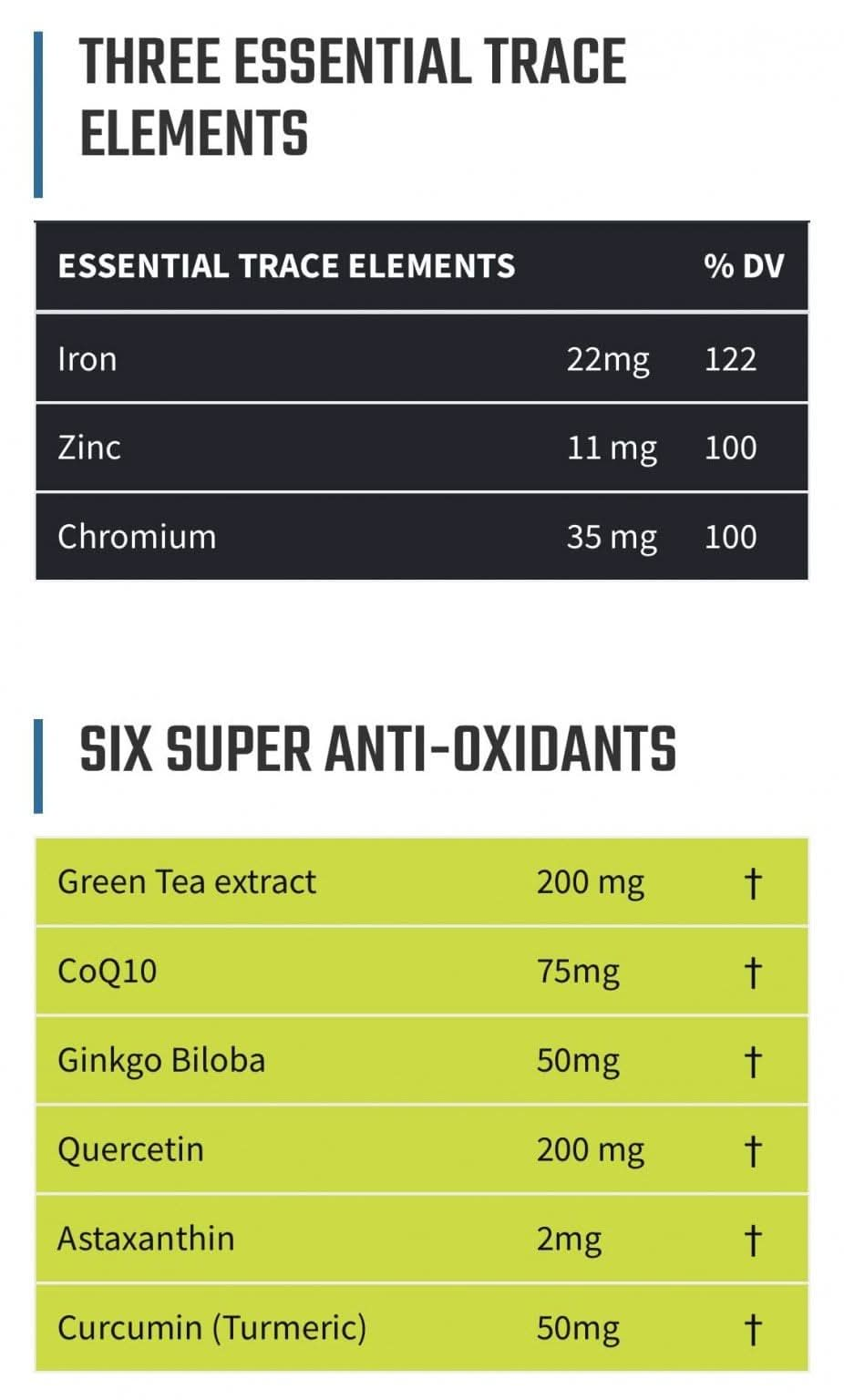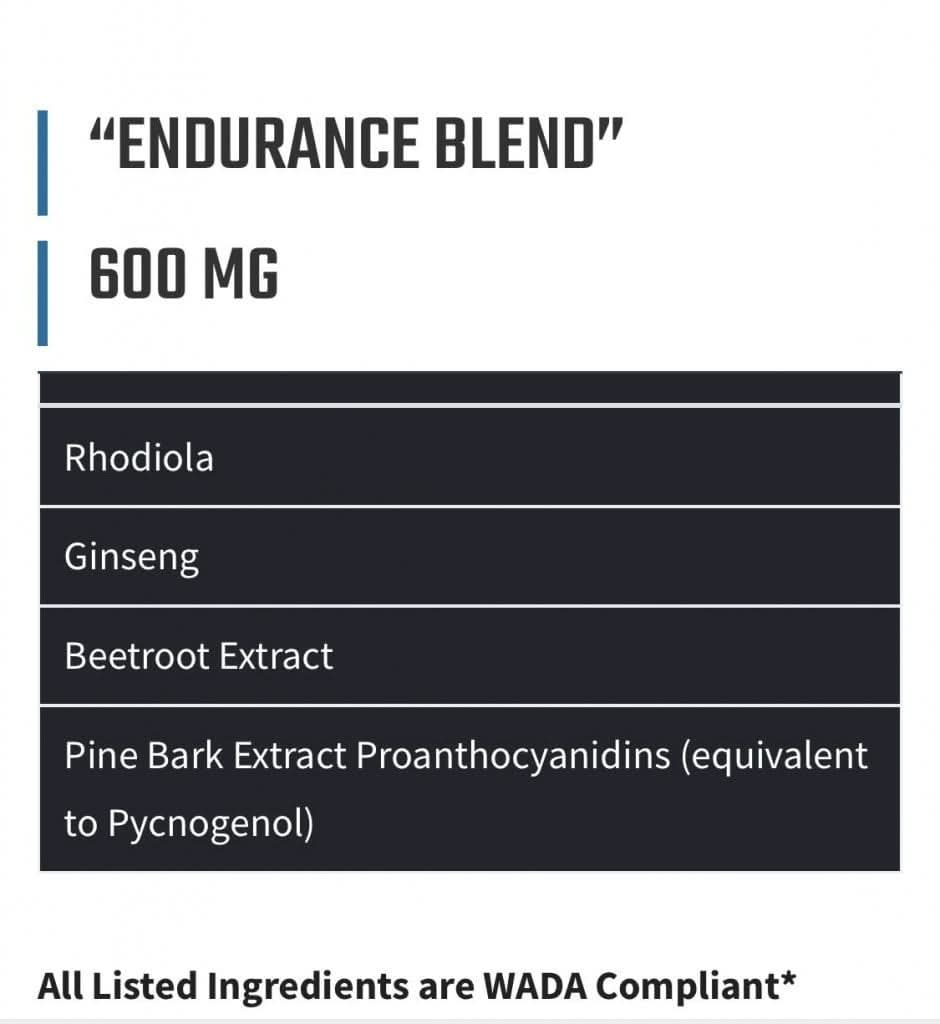Some people use sweat or soreness as their barometers for workout success. But those are largely irrelevant in judging a workout’s actual effectiveness in terms of getting fitter or stronger, says Christel Oerum, a certified personal trainer and the cofounder and head coach of Diabetes Strong.
Your sweat rate does tend to increase as you exercise more intensely. However, it also depends on things like the temperature, what you’re wearing, and how well you’re hydrating. In other words, it doesn’t actually tell you much about your workout’s effectiveness.
As for soreness, while it does sometimes indicate you’ve worked your muscles hard enough for them to adapt and rebuild stronger, there are also ways to achieve this without having to hobble down the stairs in pain. Plus, extreme soreness is often unpleasant enough to make people skip their next workout or put them off resistance training altogether—and it may mask the signs of a developing injury, Oerum says.
Finally, soreness naturally diminishes the more you work out, thanks to something called the repeated bout effect—the subsequent times you do a particular move, you sustain less painful muscle damage, according to a 2017 review of the topic published in Exercise and Sport Science Reviews. So the more adept you get at a particular exercise, the less likely you are to feel sore from it.
Tons of sweat and soreness can result from a workout, but they don’t need to, and they’re not necessarily the best indicators of a successful workout. In fact, chasing them can be counterproductive.
Fortunately, there are many other ways to measure a good workout, and not all of them are physical. Whether you’re a data-driven fitness geek or a more intuitive exerciser, here are some signs you can count that day’s workout as a victory.
1. You feel better than when you started.
Not all the gains of exercise occur in your muscles, anyway. “We often neglect the emotional benefits of just moving our bodies,” Leeja Carter, Ph.D., assistant professor of sport and exercise psychology at Long Island University-Brooklyn. “If it makes you feel good—if you feel like, ‘Hey, I’ve done something for my body and myself today and I’m just going to live in that gratitude’—I think that’s a win.”
2. Exercises you’ve done before feel easier.
Chicago-based certified personal trainer Rae Reichlin, founder of Ladies Who Lift, sets up her strength-building programs so clients are cycling through the same exercises for three to six weeks. She asks them to log their workouts, tracking not only their numbers, but also how each one felt.
Say you’re doing three sets of 12 goblet squats with a 10-pound dumbbell. Week one, you might note: “That was so hard, I didn’t think I was gonna get through it,” she says. But the next week, the exact same pattern might feel much more manageable. That’s progress, she says.
Similar concepts apply to cardio. You might finish a fast interval less breathless than you did the week before, for instance, or be able to run for 10 minutes straight instead of alternating walking and running intervals, Oerum says.
3. Or you were able to make them harder.
Picking up a 12-pound weight instead of a 10-pound one for the same movement also means you’re building strength. If you’re using resistance bands, you might swap out a lighter blue band for a heavier purple one.

